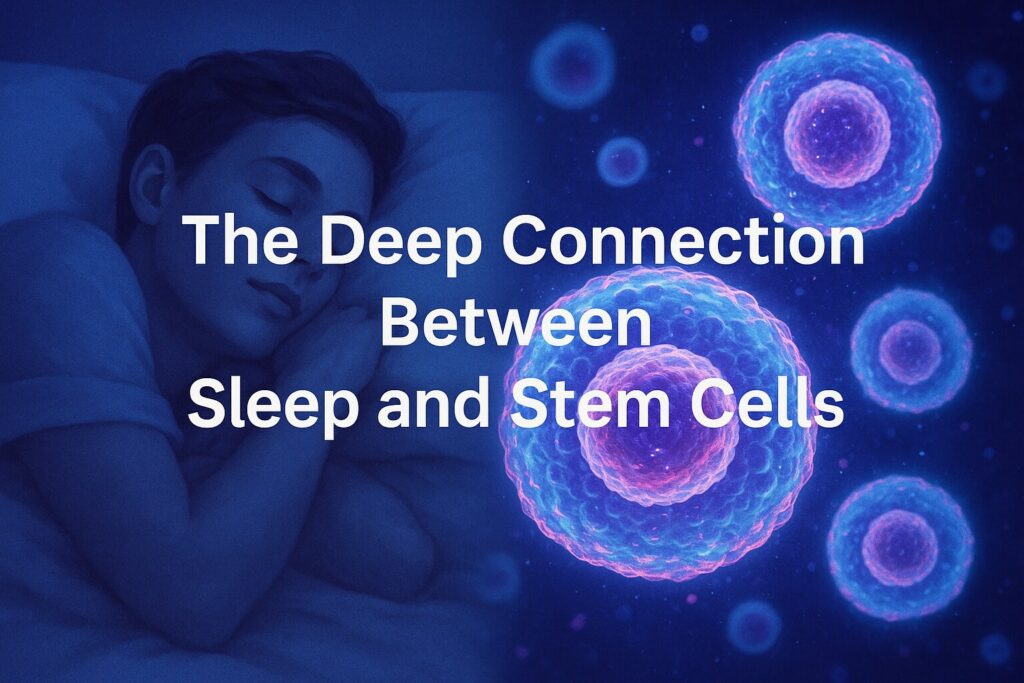This Wired article discusses the advancements in the field of stem cell research and its potential impact on aging. Scientists have been investigating how stem cells, which can transform into any cell type in the body, decline in function with age. This decline contributes to the aging process and the onset of age-related diseases.
Researchers have found that by rejuvenating stem cells, it may be possible to slow down or even reverse the aging process, leading to improved health and longevity. Studies on mice have shown that restoring the function of stem cells in the blood and brain can lead to improved cognitive function and increased lifespan.
However, there are still many challenges to overcome before these findings can be translated into human therapies. For instance, it is not yet clear how to safely and effectively rejuvenate human stem cells without causing unintended side effects, such as cancer. Additionally, there are ethical concerns about the potential consequences of extending human life beyond its natural limits.
Despite these challenges, stem cell research continues to show promise for improving our understanding of aging and offering potential treatments for age-related diseases.



